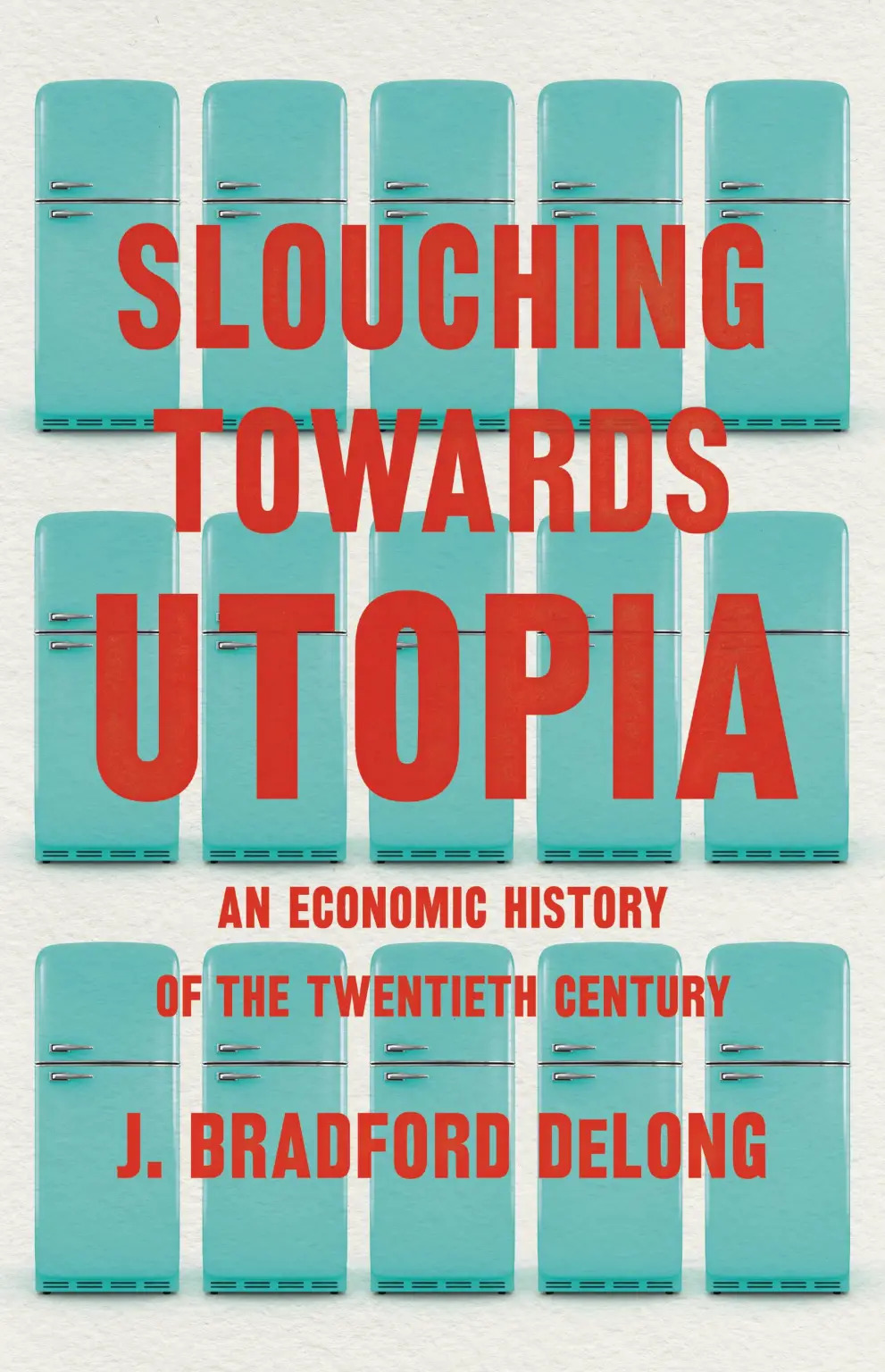Slouching Towards Utopia is a rise-and-fall epic, but it is better at depicting the rise than explaining the fall. “Why, with such godlike powers to command nature and organize ourselves, have we done so little to build a truly human world, to approach within sight of any of our utopias?” DeLong asks in his final chapter, only to dodge an answer: “A new story, which needs a new grand narrative that we do not yet know, has begun.” Modesty is a virtue in a historian of long centuries, but after the persistent enlightenment of the book’s first 450 pages, this limping denouement is a disappointment.
Ah, but those first 450 pages. DeLong’s long twentieth century is a nod to the idea of the long nineteenth century developed by Eric Hobsbawm, one of two great economic historians (the other is Charles P. Kindleberger) that DeLong alternately channels and challenges throughout Slouching Towards Utopia. For Hobsbawm, everything changed between 1789 and 1914, as humanity established the material foundations that could support true liberation and the political structures to deliver it. In Hobsbawm’s telling, the Industrial Revolution and its political handmaiden, the French Revolution, opened the door first to liberal progress and then to the possibility of egalitarian salvation under Soviet Communism. Hobsbawm was very good at what he did—so good that many of his most strident political opponents still take a great deal of his intellectual framework for granted. DeLong spends much of his book detailing the horrors engineered by Stalin and Mao but ultimately offers a revision of Hobsbawm’s thesis in lieu of an outright rejection. The era of economic revolution is not 1789–1914 but 1870–2010; the transition is not from barbarism to socialism but from squalor to social democracy.
According to DeLong, the Industrial Revolution was just one of several economic innovations that improved humanity’s lot at the margins without fundamentally changing the trajectory of the human experience. He quotes an aging John Stuart Mill, who lamented in 1870 that the triumph of so many liberal reforms—the abolition of slavery, the expansion of the franchise, the growth of international trade—had not produced a healthier or happier world. The planet could support more people than it had been able to when Mill was born, but living standards had not improved for anyone outside a tight circle of elites. Even those who had thrown off the yoke of slavery had been delivered from the cruelty of forced labor into the cruelty of fate; a bad harvest or an unusually cold winter could bring mass death. Almost everywhere, life remained uncertain and short, if not nasty and brutish. Mill saw no way out absent a rigorous program of global birth control.
